
Thanks to advancements in expansion microscopy, unprecedented views of the interiors of cells and other nanoscale structures are now possible. The advances could aid future research in neuroscience, pathology, and other biological and medical fields. Magnify is a universal molecular anchoring strategy for expansion microscopy, according to the paper, which describes new Magnify protocols. Magnify [..]
Read More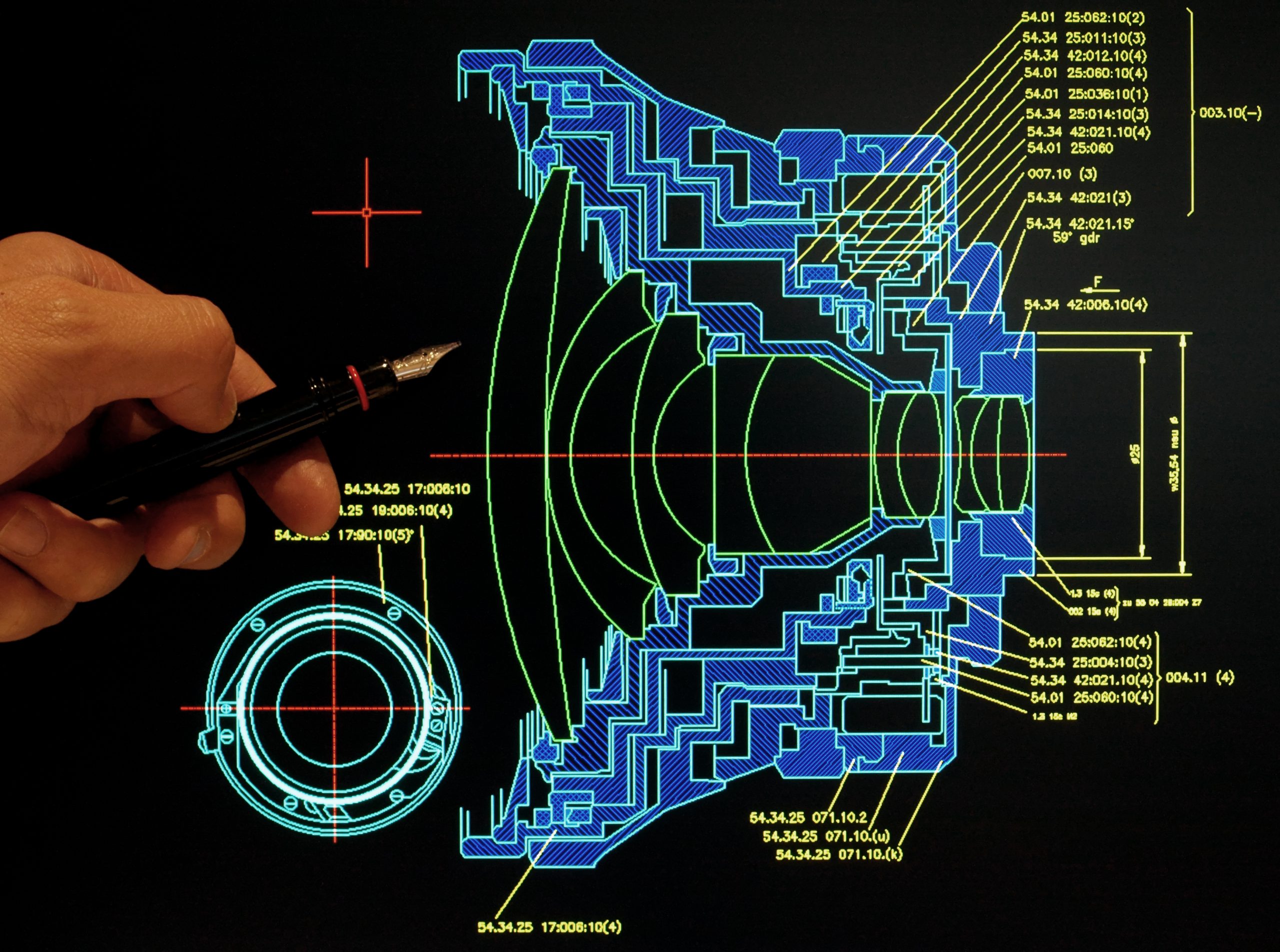
Ground-state cooling, quantum squeezing, and remote entanglement of mechanical oscillators are just a few of the advances made possible by optomechanics. Pioneering theoretical studies have predicted that optomechanical lattices can access significantly richer physics and novel dynamics, such as quantum collective dynamics and topological phenomena. However, reproducing such devices experimentally under strict control and building [..]
Read More
A group of researchers has created a deep learning-based ultrasound hologram generation framework technology that allows them to freely configure the form of focused ultrasound in real time using holograms. It is expected to be a foundational technology in brain stimulation and precision treatment. Ultrasound can treat conditions such as Alzheimer’s, depression, and pain. The [..]
Read More
Mushroom farmers are moving their outdoor operations into large greenhouses, shifting environmental factors away from external climates and toward internal microclimates. Environmental monitoring systems are installed in greenhouses to collect microclimate data. No sensor can directly measure mushroom growth to determine when adjustments are needed. Now scientists have come up with a GigE Camera solution. [..]
Read More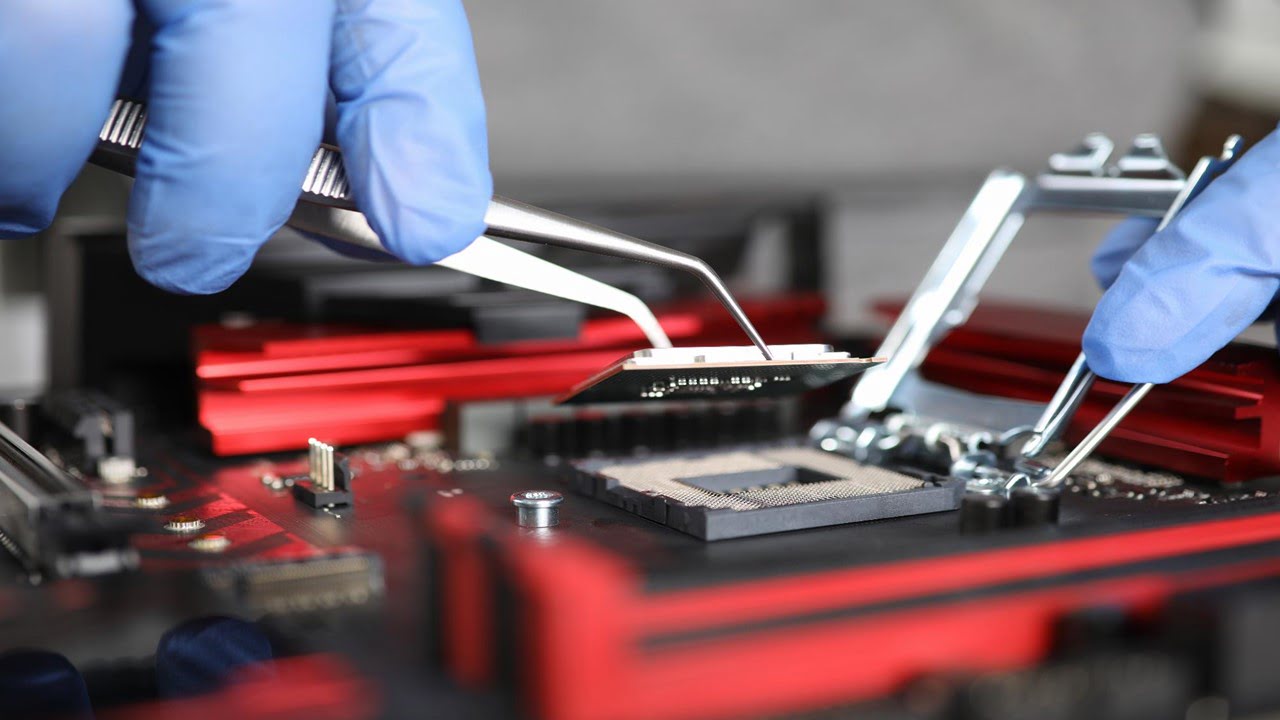
During the last decade, metal halide perovskites (MHPs) have emerged as a rising star in optoelectronics. Due to the intriguing optoelectronic properties of MHPs, cutting-edge optoelectronic technologies based on MHPs, such as perovskite solar cells (PSCs), light emitting diodes (LEDs), photodetectors (PDs), and lasers, have been leading the prevailing paradigm. Furthermore, MHPs have the advantages [..]
Read More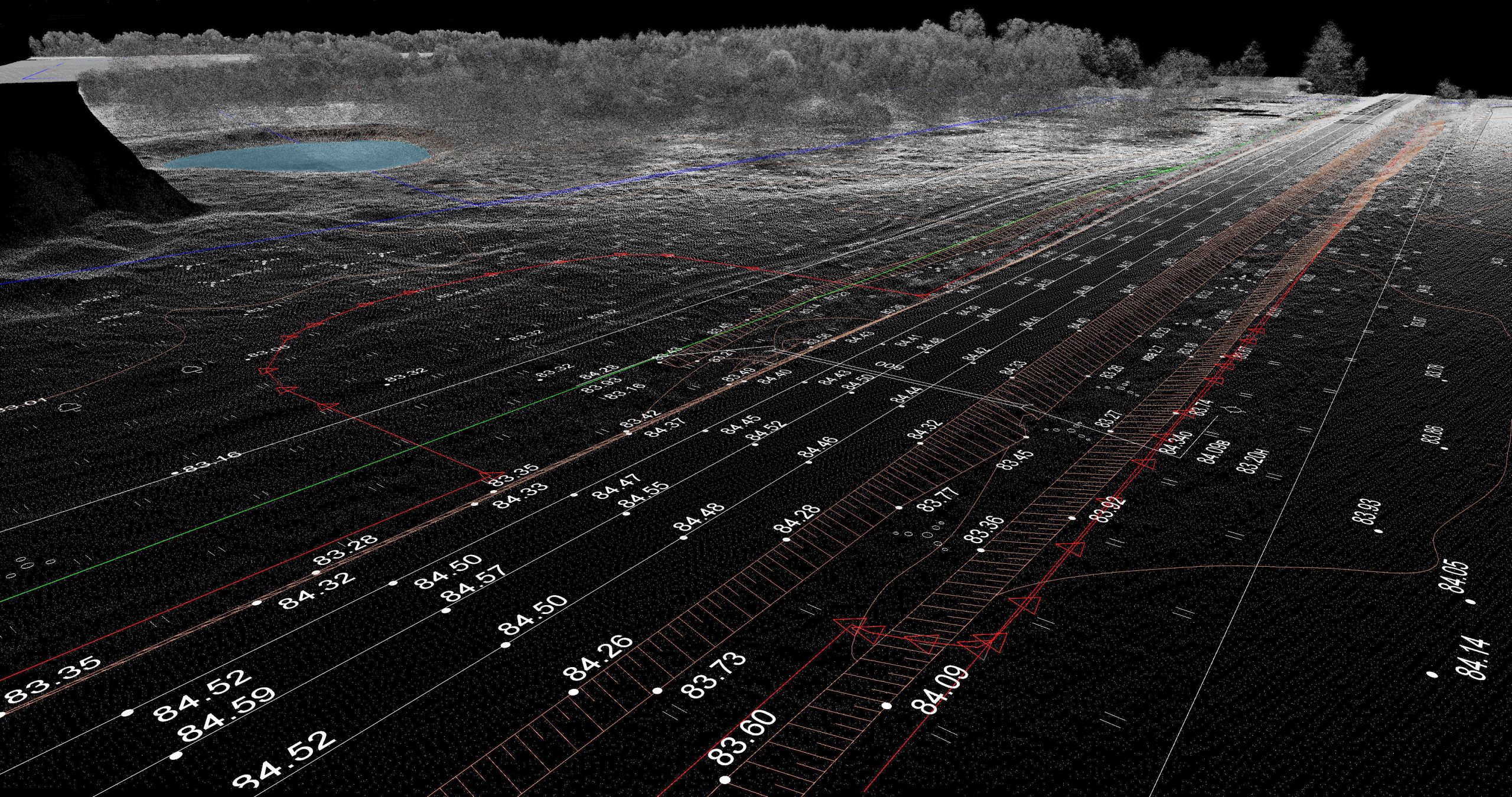
Microelectronics has transformed how we manipulate electricity, allowing for sophisticated electronic products that are now a necessary part of our daily lives. Integrated photonics has transformed how we control light in applications such as data communications, imaging, sensing, and biomedical devices. While near-infrared lasers have made some progress, the visible-light lasers that feed photonic chips [..]
Read More
LIBS is a rapidly developed chemical analysis technology for trace element analyses in gases, liquids, and solids. The plasma-grating-induced breakdown spectroscopy technique (GIBS) could overcome the limitations of FIBS. A high-power laser pulse is used in GIBS to elicit short-lived, high-temperature plasma in a sample. As the plasma cools, it emits spectral peaks corresponding to [..]
Read More
Polarized light-based processing devices are one million times faster than current technology. Logic gates are the fundamental components of computer processors. Conventional logic gates are electronic and work by shuffling electrons around. On the other hand, researchers have been working on light-based optical logic gates to meet the data processing and transfer requirements of next-generation [..]
Read More
Polarimetric images, which use polarizers to selectively reflect the transverse electric (TE) field and transmit the unpolarized incident light’s transverse magnetic (TM) field, can provide information such as shading and surface morphologies. On the other hand, current Infrared polarizers are primarily based on expensive and brittle ceramics with nano-gratings typically fabricated by time- and cost-consuming [..]
Read More
The power of artificial intelligence (AI) applied to endometrial carcinoma microscopy images is demonstrated in a new study. The research team provides novel insights that could improve uterine cancer diagnosis and treatment. Researchers used AI to analyze microscopy images of thousands of endometrial carcinoma patients. This model was not a “black box,” but the researchers [..]
Read More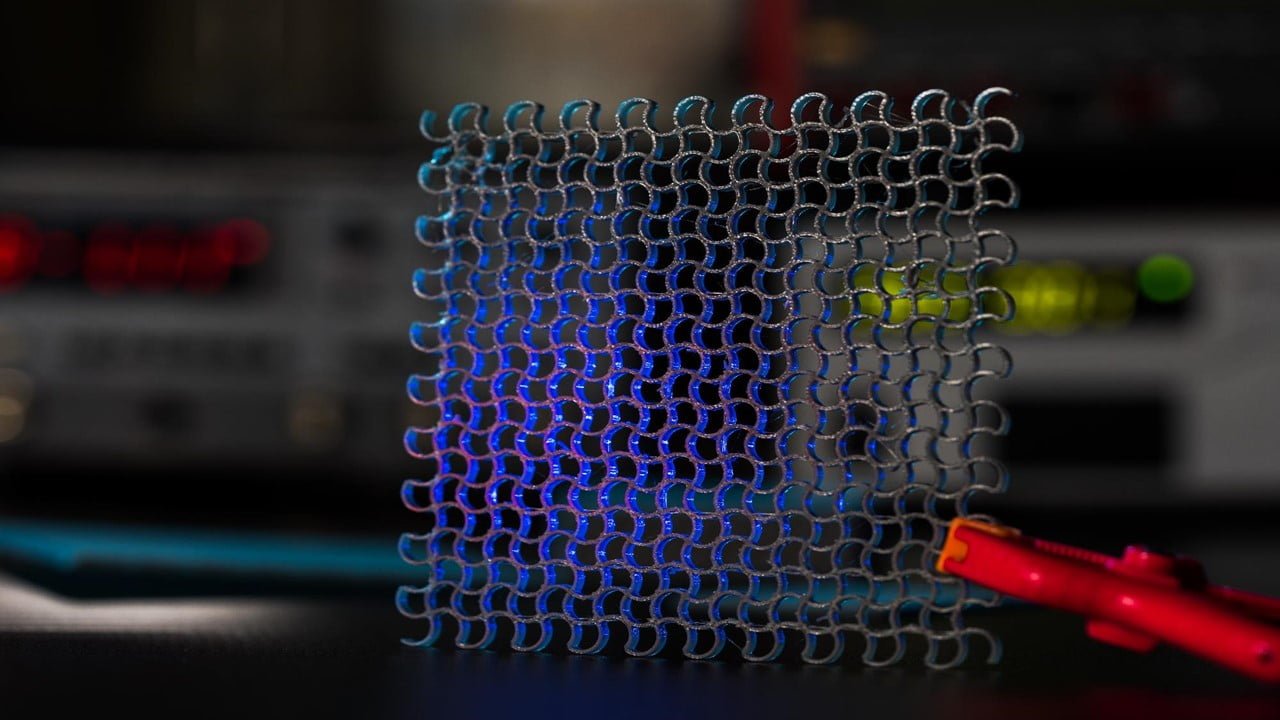
The physical world of electromagnetics has always been inextricably linked to the digital world of information. Wireless communication systems based on metasurfaces are only applicable in single-polarization scenarios. The capacity of transmitted information remains limited, as do transmission speeds. Based on anisotropic space-time-coding metasurfaces (STCMs), scientists created a frequency-polarization-division multiplexed wireless communication system and a [..]
Read More
Precision medicine is starting to incorporate functional assays to evaluate anticancer agents on patient-isolated tissues or cells to select the most effective. Among these new technologies, dynamic BH3 profiling (DBP) has emerged and has extensively been used to predict treatment efficacy in different types of cancer. DBP uses synthetic BH3 peptides to measure early apoptotic [..]
Read More
Researchers have created an all-optical method for driving multiple highly dense nanolaser arrays, which could lead to chip-based optical communication links that process and move data faster than current electronic devices. The use of optical fiber eliminated the need for large and complex electrodes, which are commonly used to power laser arrays. According to the [..]
Read More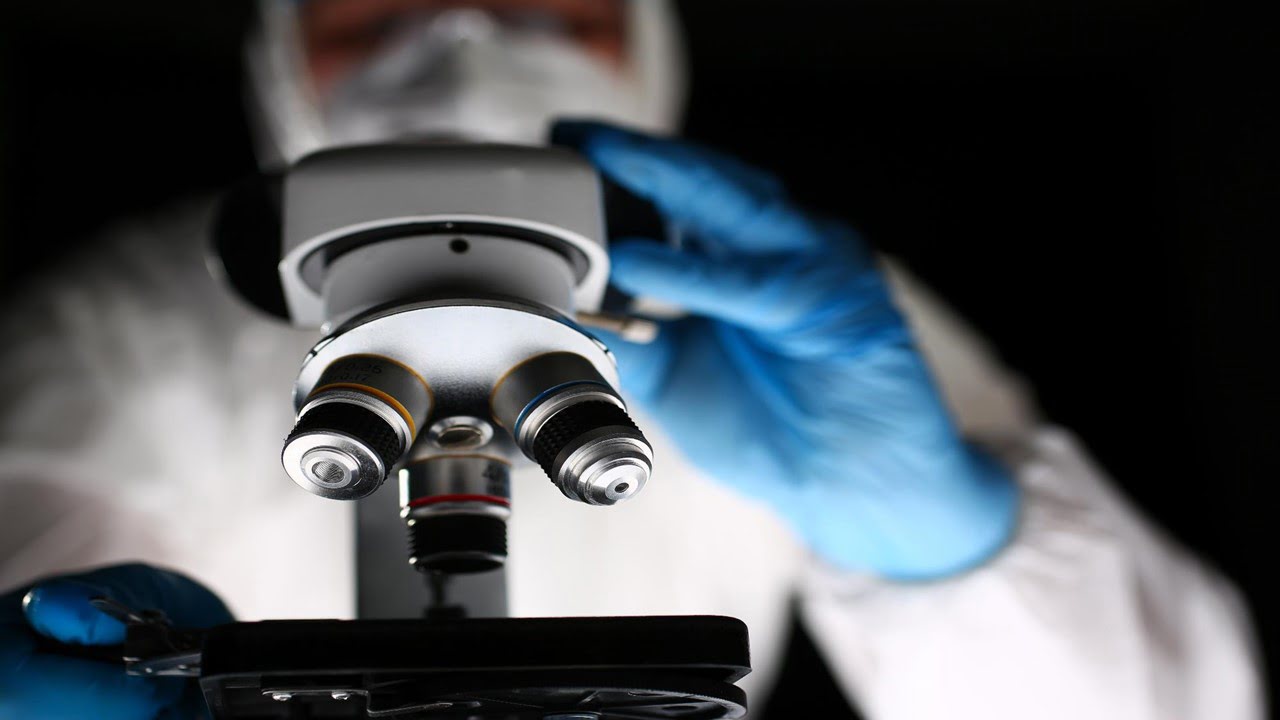
Photoacoustic microscopy (PAM) is a new imaging technique that employs laser light to induce ultrasonic vibrations in tissue. It can detect cancerous tissue, image-changing blood flow in the brain, and even identify individual cancer cells. Because of its narrow depth of field, PAM can only focus on a thin layer of tissue at a time. [..]
Read More
Patients with bone cancer are often treated with alpha particle radiation therapy, delivered into or very close to the tumor. However, it is unknown whether the radioactive elements spread throughout the surrounding area or to the body’s vital organs, where they could cause toxic effects. Researchers developed a computational framework to measure the concentration of [..]
Read More
Strain sensors have demonstrated mechanically invisible monitoring of soft-bodied systems that are otherwise challenging for silicon-based rigid counterparts. Incorporating self-healing properties into these intrinsically stretchable sensors promises damage-resistant and damage-resilient sensing capabilities. Examples range from damage detection in spacesuits to alert suit air leakage by space debris during astronauts’ extravehicular activities. The self-healing function for [..]
Read More
A group of researchers has developed a high-conductivity material, molybdenum disulfide (MoS2), that could significantly reduce contact resistance and Schottky barrier height within critical parts of electronic and optoelectronic microchips, paving the way for computer and digital imaging components to consume less power relative to their performance than current chipsets. Molybdenum disulfide (MoS2) is so [..]
Read More
For the last half-century, silicon (Si) has been the focal point of the semiconductor and modern electronics industries. However, its surface properties are unknown. A group of scientists investigated the terahertz (THz) emission properties of Si surfaces in a new paper. The paper, “Rapid, noncontact, sensitive, and semiquantitative characterization of buffered hydrogen-fluoride-treated silicon wafer surfaces [..]
Read More
Currently, radiologists face an excessive workload, which causes fatigue and, as a result, undesirable diagnosis errors. Decision support systems can help radiologists prioritize and make faster decisions. In this regard, medical content-based image retrieval systems that provide well-curated similar examples can be extremely useful. Nonetheless, most medical content-based image retrieval systems operate by locating the [..]
Read More
Researchers in biological imaging strive for 3D, high-speed, and high-resolution imaging with minimal photobleaching and phototoxicity. The light-sheet fluorescence microscope (LSFM) contributes to this goal. The LSFM can image live specimens with high spatiotemporal resolution and low photobleaching thanks to a novel excitation and detection scheme. It has demonstrated great promise for the 3D imaging [..]
Read More